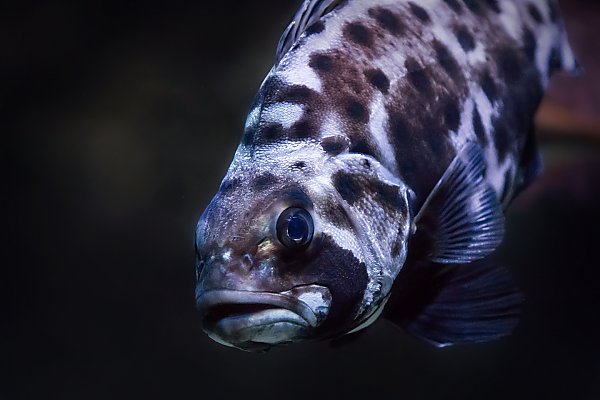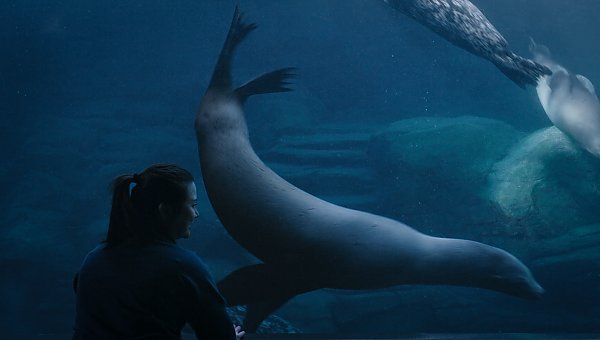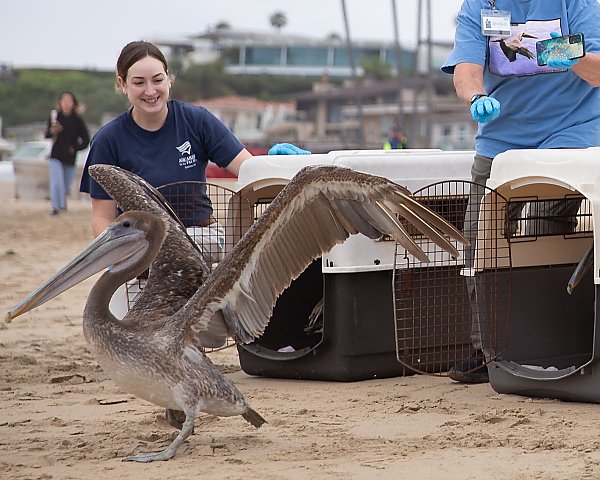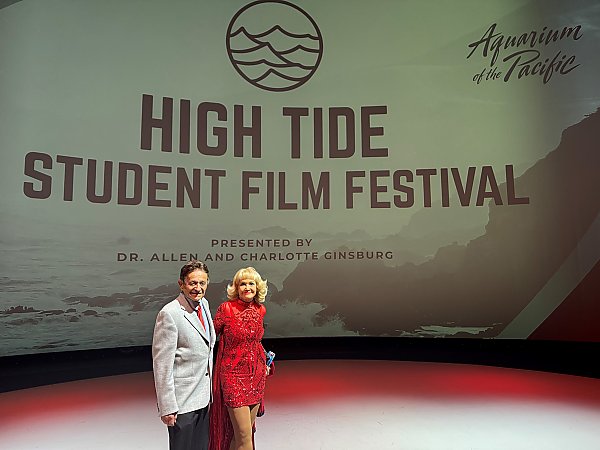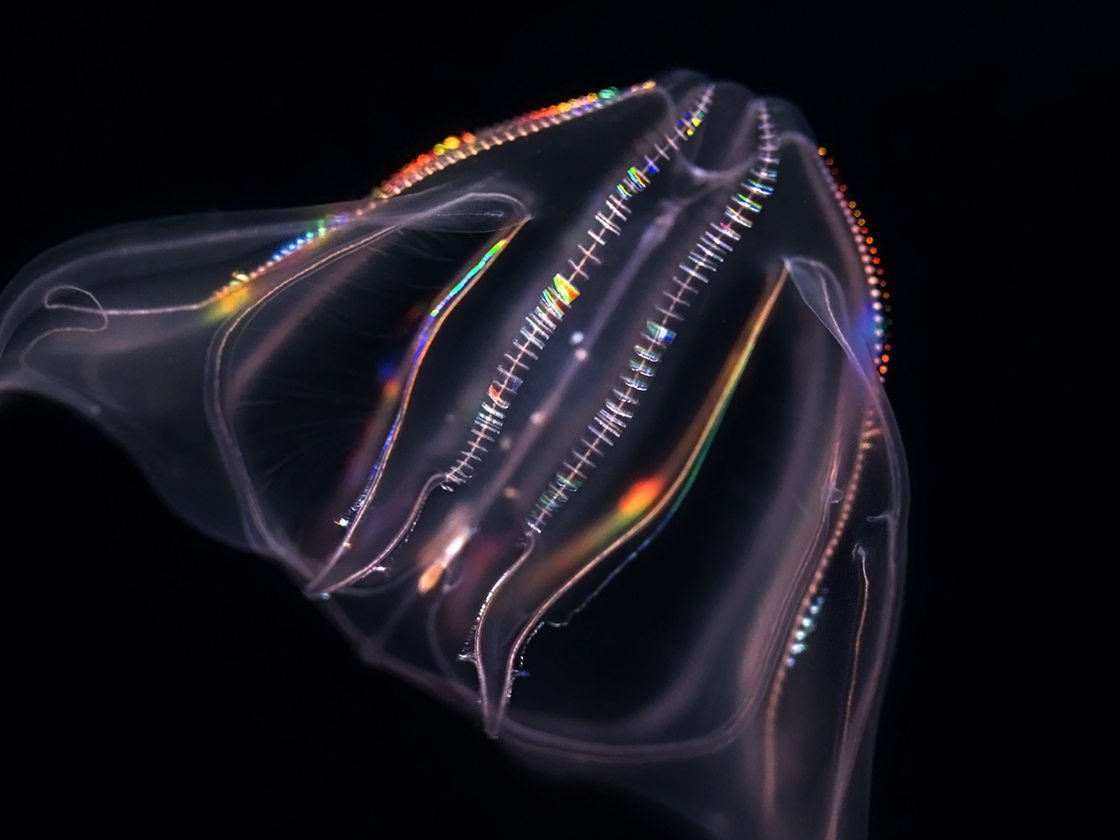Aquarium Embarks on New Project to Help an Important Habitat Impacted by Climate Change
Kelp forests have been under threat and the Aquarium is joining partners in a new scientific project to help kelp.
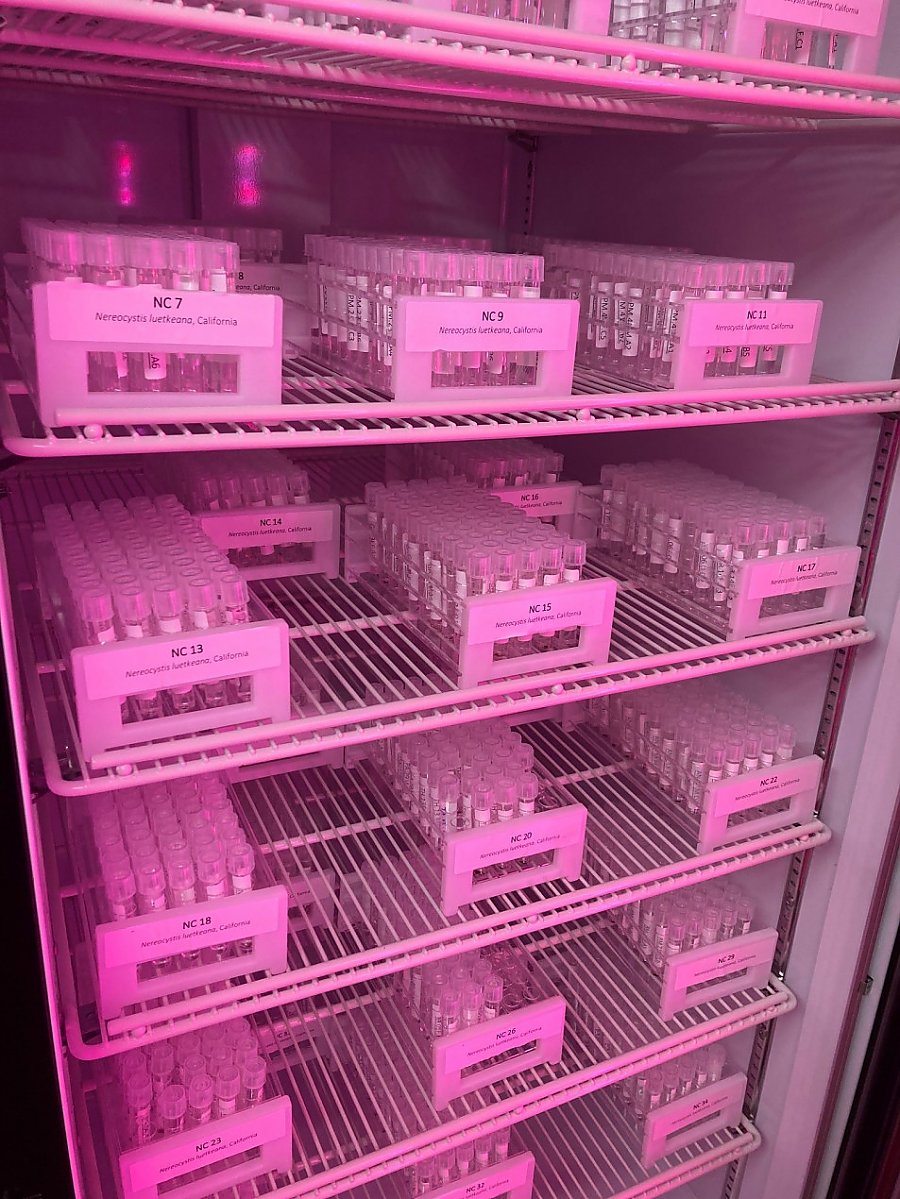
Kelp samples kept in stasis Credit: Aquarium of the Pacific
March 1, 2023
The Aquarium of the Pacific is embarking on a new scientific project to help bull kelp, which has been in decline mainly due to warming waters associated with climate change and disruptions to the ocean food web. In Northern California, bull kelp has declined by 95 percent since 2008.
Kelp forests provide critically vital habitats for marine animals. Humans around the world also benefit from healthy kelp forests because they are an important source of oxygen and provide coastlines with physical protection from waves. The project is focused on preserving genetic diversity of bull kelp to help facilitate future kelp forest restoration projects. Aquarium animal husbandry staff are carefully preserving 1400 gametophytes or genetic material of bull kelp. These gametophytes will be stored in stasis at the Aquarium of the Pacific and can be used to grow kelp for outplanting it in the ocean to help restore kelp forest ecosystems.
The preservation technique is similar to what seed banks accomplish for plants. The biggest difference is that kelp use spores to disperse; these will settle and germinate into male and female microscopic gametophytes that will reproduce. By putting the gametophytes into stasis, the cell growth is hugely decreased keeping the bull kelp in microstages.
“In the event that wild kelp populations suffer catastrophic loss of genetic diversity, these gametophytes could be used to produce new kelp to restore local ecosystems. They can also be selectively bred to develop kelp that is more resistant to warmer temperatures,” says Jenn Anstey, Aquarium of the Pacific assistant curator.
This kelp conservation project is a partnership of the Aquarium of the Pacific, the University of Wisconsin at Milwaukee and California Sea Grant.
The western North American coastline is one of the areas where kelp grows. The rise of sea temperatures, the over-predation of kelp from purple sea urchins, and the loss of urchin eating sunflower sea stars have caused a major decline in kelp forests in the northern Pacific Ocean.
